Woodstock Forum
Crucial Questions:
What Makes A War Just?
What Makes Peace Possible?
Wednesday, October 4, 2006
8:00 p.m.
Reception and book signing to follow
The Bunn Intercultural Center Auditorium
Georgetown University
37th & O Streets, NW
Washington, DC 20057
Admission Free
Parking Available (use Canal Road entrance)
THE PURPOSE
In the months prior to the US invasion of Iraq, when everyone was talking of war – would it happen? should it happen? – the U.S. Jesuit provincials were having a similar conversation. They were concerned, however, about clarity regarding what constitutes a just war in our time. Their desire for a deeper understanding led to a one day symposium on Catholic Traditions on Peace and War. Furthermore, they wanted the fruits of the symposium to reach a wider audience. The result is the book, Just War, Lasting Peace: What Christian Traditions Can Teach Us (Orbis Books, 2006). The purpose of this forum is to further expand the discussion. Ongoing serious conversations seem crucial in light of our national security doctrine which emphasizes preemptive war and preventive war. Equally important is an exploration of ways individuals and groups can engage in peacemaking.
THE MODERATOR
Dolores R. Leckey is a senior fellow at the Woodstock Theological Center and is the general editor of Just War, Lasting Peace: What Christian Traditions Can Teach Us. She is the former executive director of the Secretariat for Family, Laity, Women and Youth at the United States Conference of Catholic Bishops where she served for twenty years.
THE PANELISTS
John Kleiderer is the policy analyst for the Office of Social and International Ministries at the U.S. Jesuit Conference and is a contributing editor of Just War, Lasting Peace.
Mary Ann Cusimano Love is on the political science faculty of The Catholic University of America. She spoke at the 2003 symposium on the contemporary just war position and is one of the authors of Just War, Lasting Peace.
Marie Dennis is executive director of the Maryknoll Office for Global Concerns and is vice president of Pax Christi International.
Mark Mossa, S.J., is a student at the Weston Jesuit School of Theology in Cambridge, MA. He previously taught philosophy at Loyola University in New Orleans and served as a summer intern at America magazine. He is a contributing editor of Just War, Lasting Peace.
Robert Royal is president of the Faith & Reason Institute in Washington, DC. He is a member of the Common Ground Initiative. His presentation at the 2003 symposium appears in Just War, Lasting Peace.
THE QUESTIONS
* What are the three parallel traditions on war and peace? What, if any, are the points of convergence and divergence?
* Can any or all of the three perspectives really affect policy makers, especially in efforts to curtail terrorism?
* How can religion which has been at the heart of so many wars illuminate a new path to peace?
A reception and book signing will follow the Woodstock Forum.
The Woodstock Theological Center is grateful for the collaboration of the Office of the President of Georgetown University in sponsoring this Woodstock Forum.
For more information, visit Woodstock Theological Center.
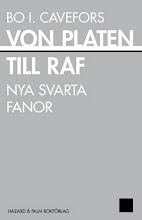
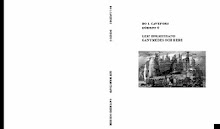

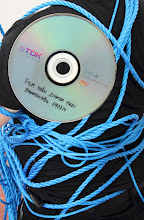

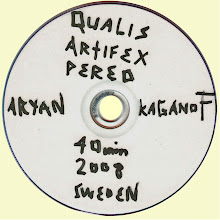

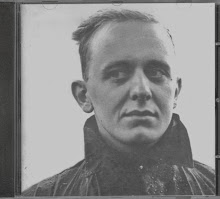

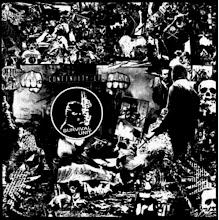
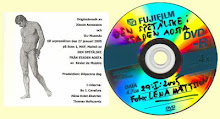




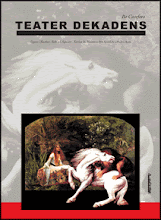
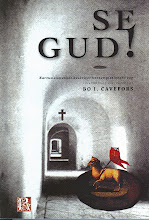
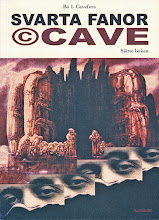

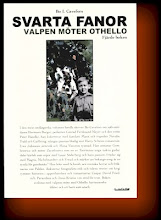
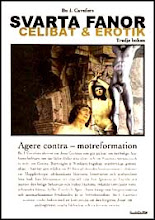


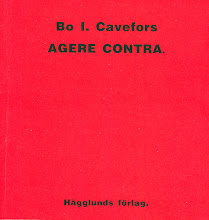
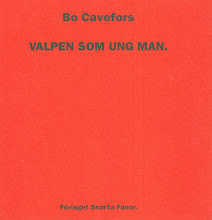
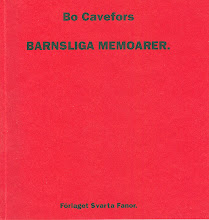
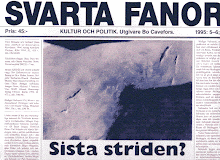

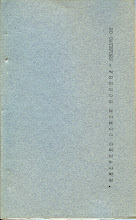




No comments:
Post a Comment